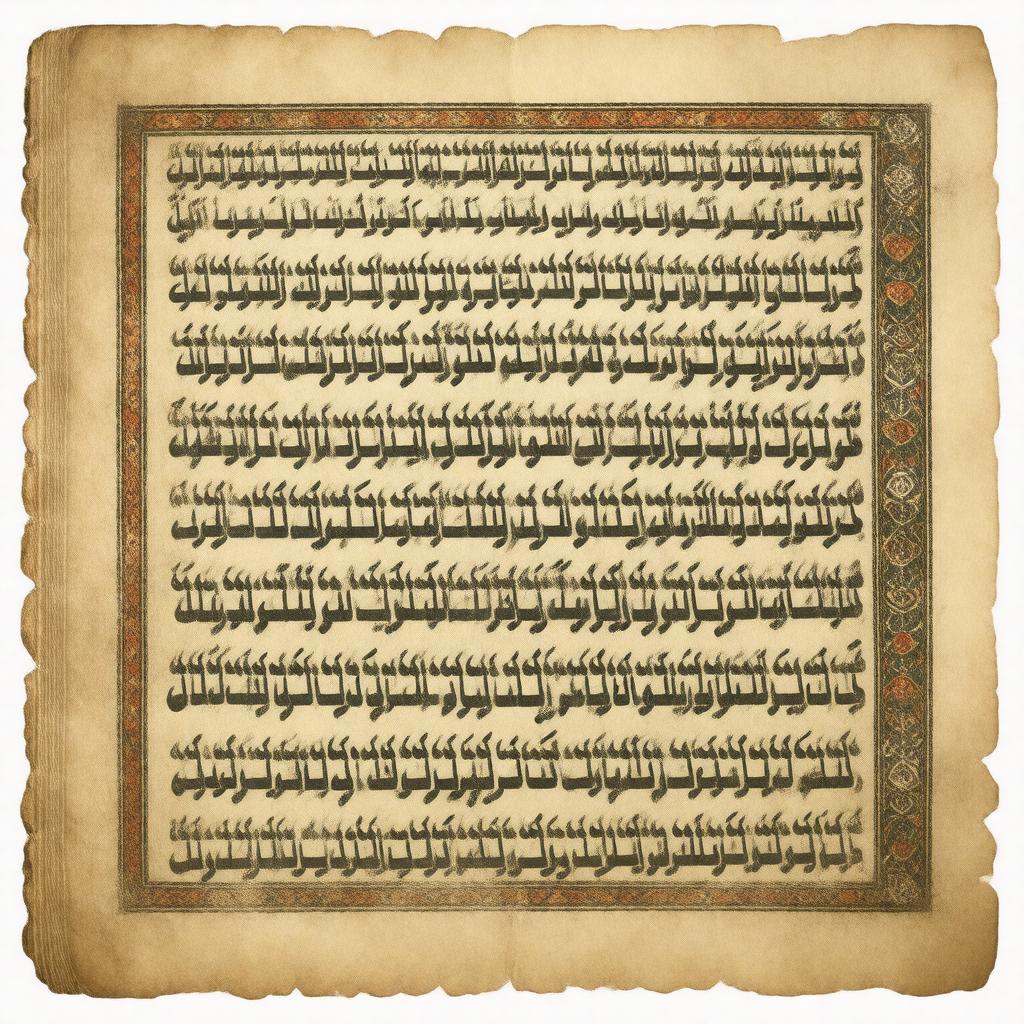
AI-created image
Statements (30)
| Predicate | Object |
|---|---|
| gptkbp:instanceOf |
gptkb:Hebrew_Bible
|
| gptkbp:abbreviation |
gptkb:Pšīṭtâ
|
| gptkbp:category |
gptkb:Syriac_Christianity
Bible translations Biblical manuscripts |
| gptkbp:contains |
gptkb:New_Testament
gptkb:Old_Testament |
| gptkbp:excludes |
gptkb:Jude
gptkb:Revelation gptkb:2_Peter 3 John 2 John |
| gptkbp:language |
gptkb:Syriac
|
| gptkbp:nameMeaning |
Simple
|
| gptkbp:originatedIn |
2nd century
|
| gptkbp:relatedTo |
gptkb:Hebrew_Bible
gptkb:Vulgate gptkb:Masoretic_Text |
| gptkbp:religion |
gptkb:Christianity
|
| gptkbp:script |
gptkb:Syriac_script
|
| gptkbp:significance |
Standard version of the Bible for churches in the Syriac tradition
|
| gptkbp:usedBy |
gptkb:Eastern_Orthodox_Church
gptkb:Chaldean_Catholic_Church gptkb:Syriac_Orthodox_Church gptkb:Maronite_Church gptkb:Syriac_Catholic_Church |
| gptkbp:bfsParent |
gptkb:Aramaic
gptkb:Church_of_the_East |
| gptkbp:bfsLayer |
5
|
| http://www.w3.org/2000/01/rdf-schema#label |
Peshitta
|